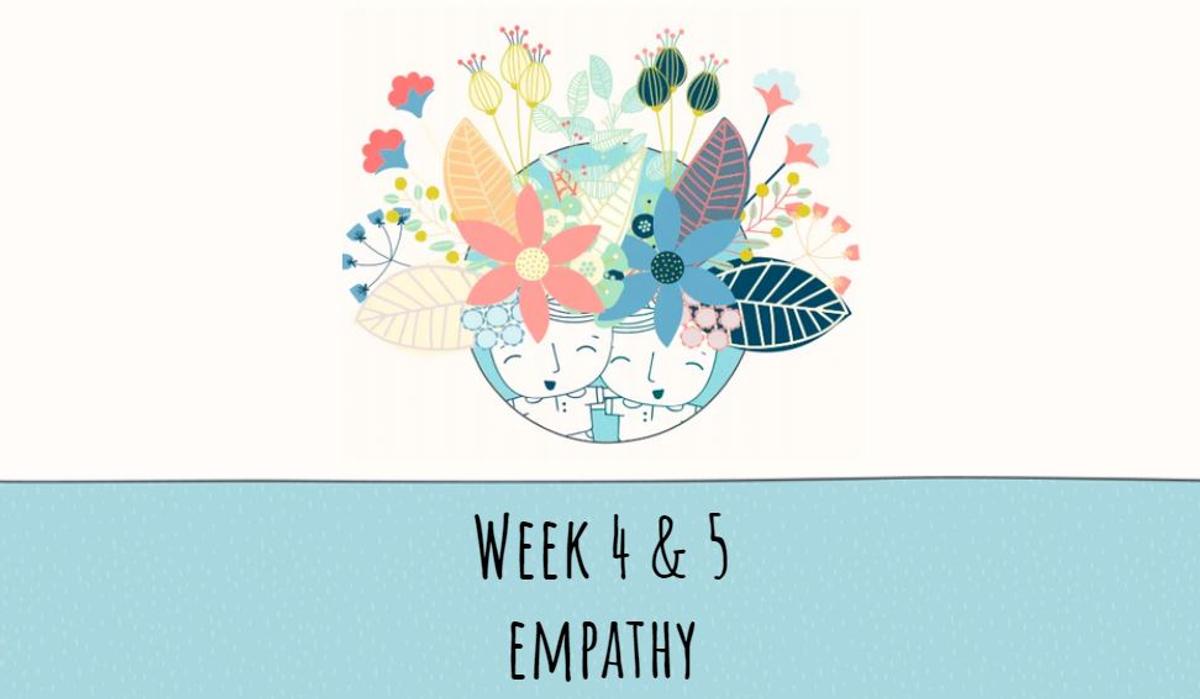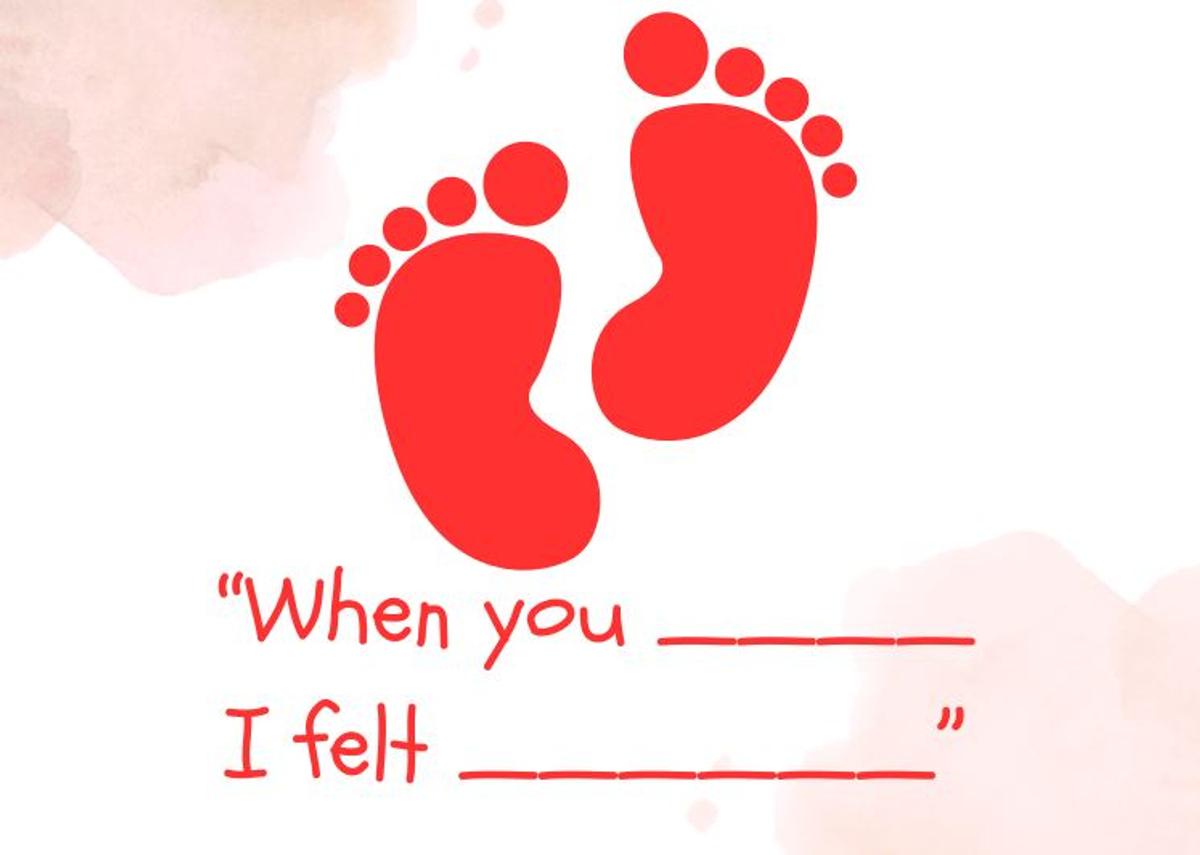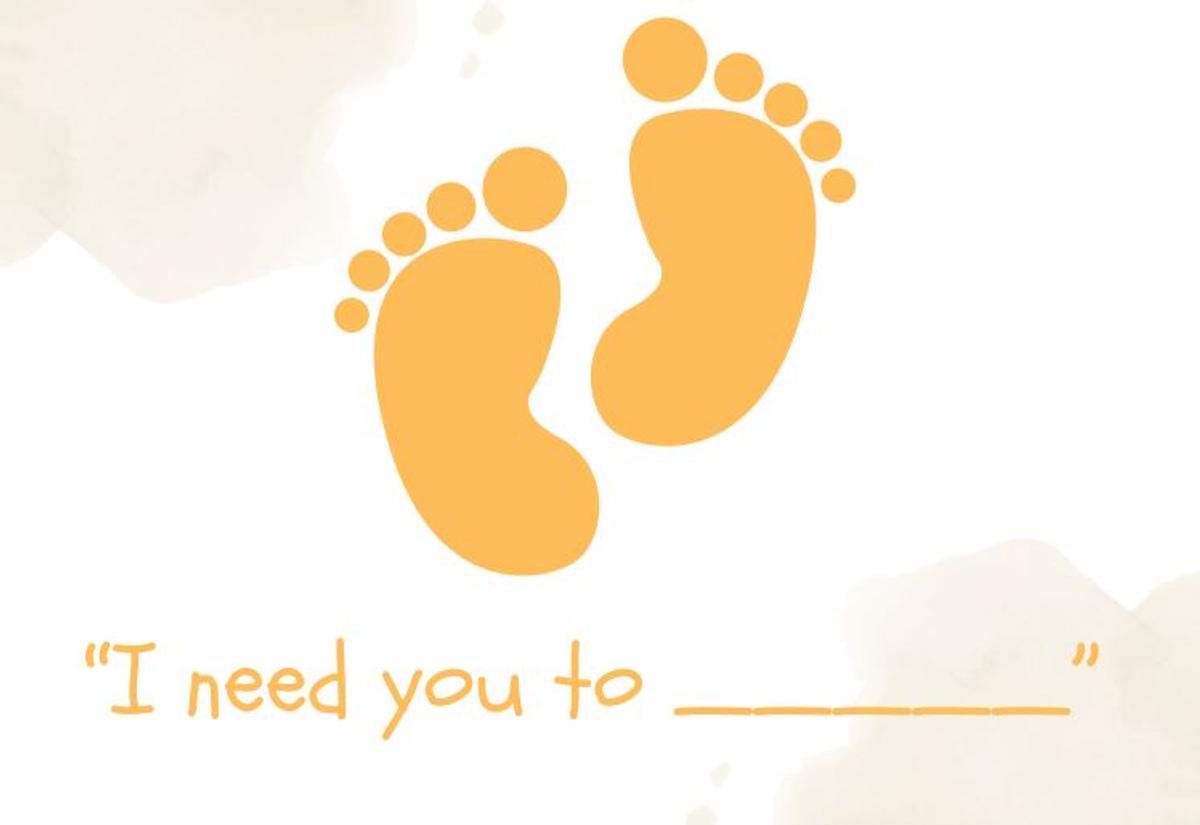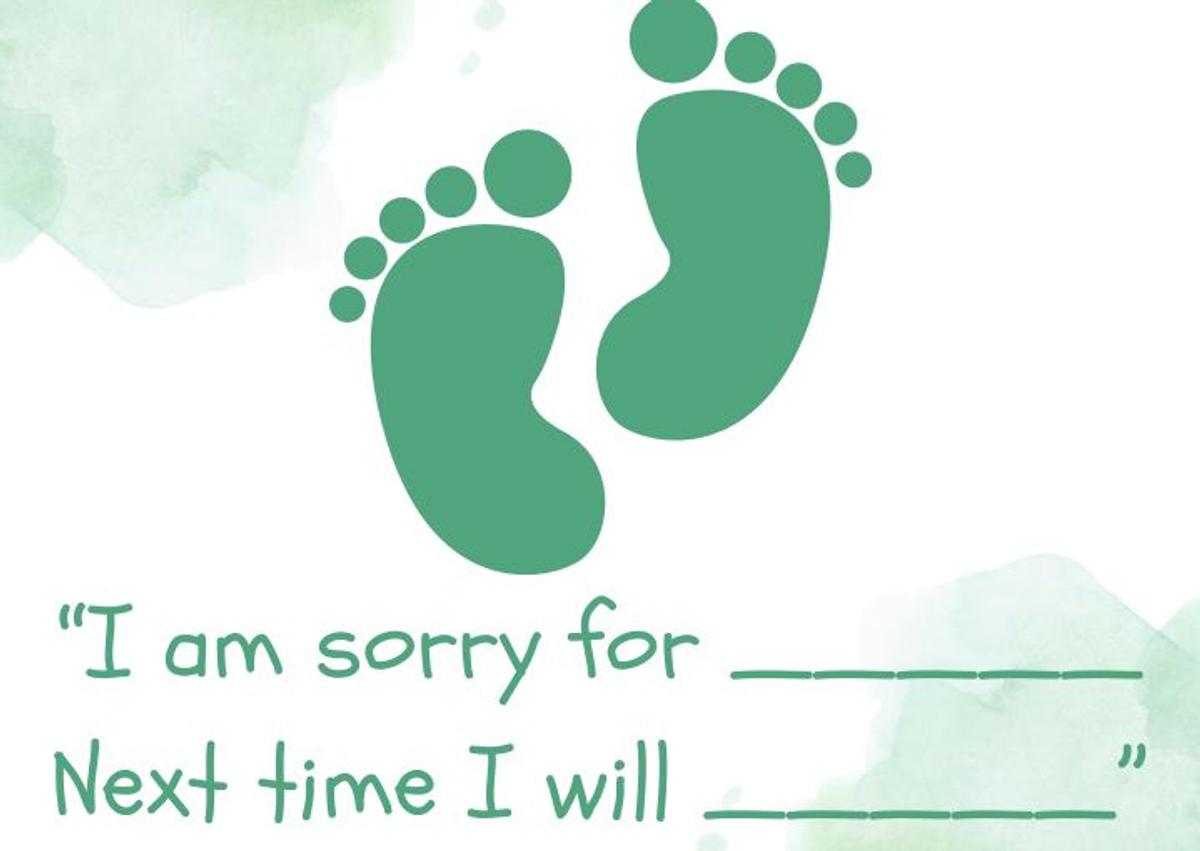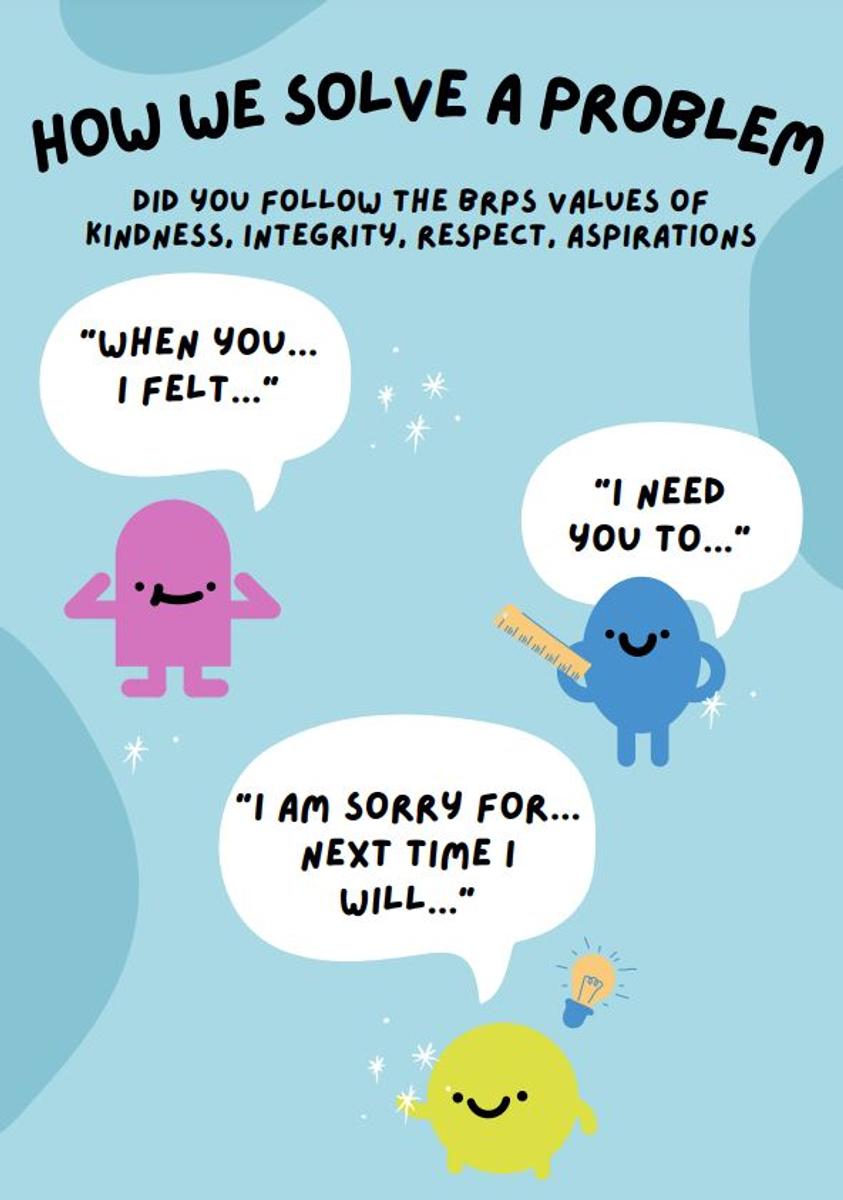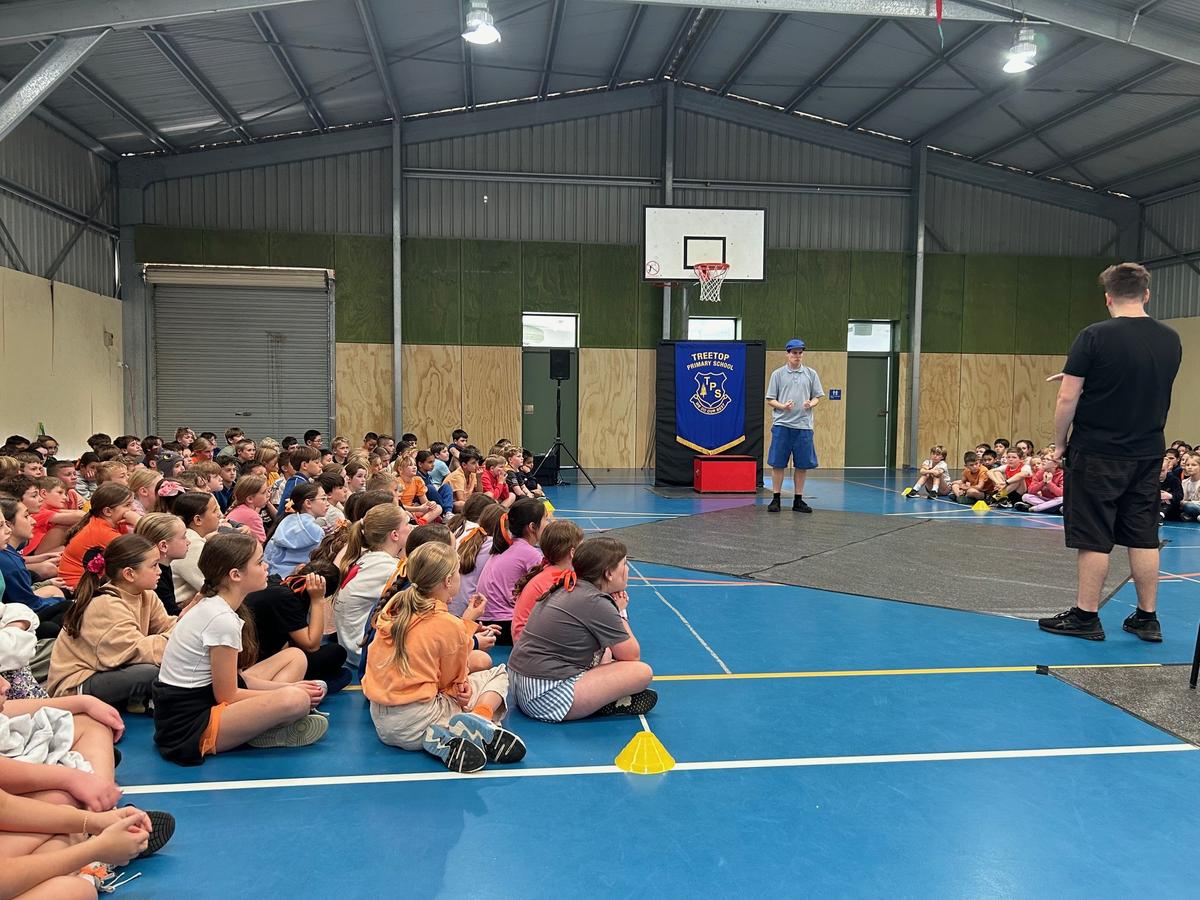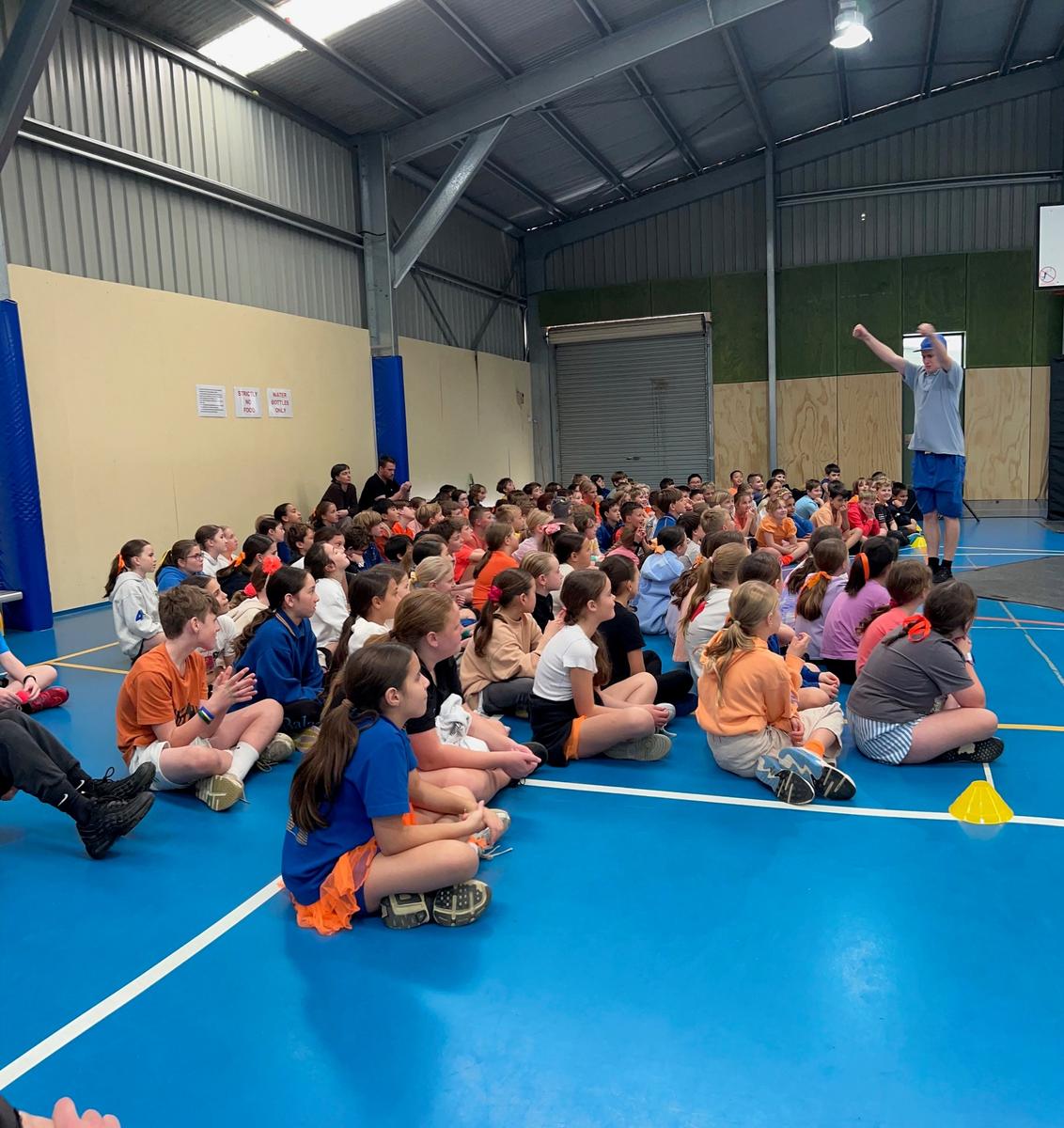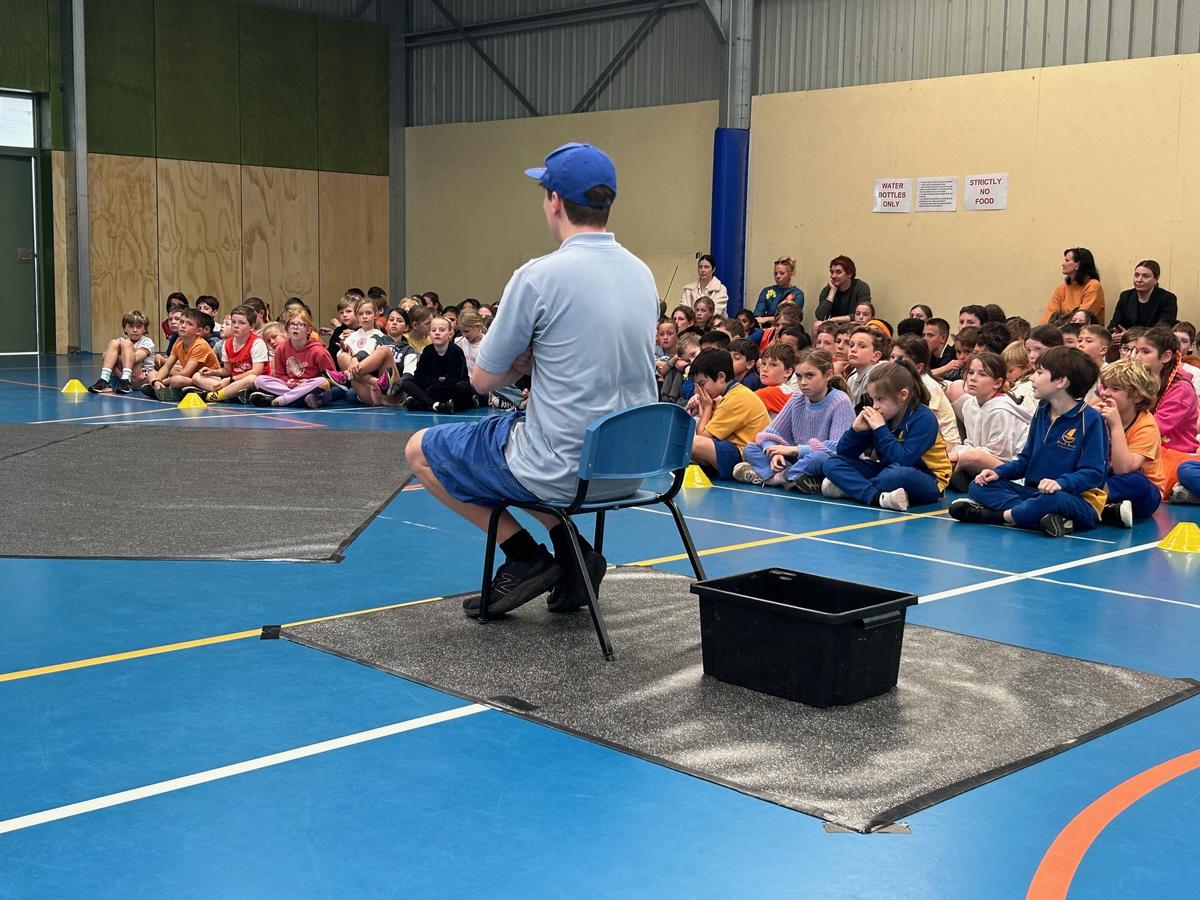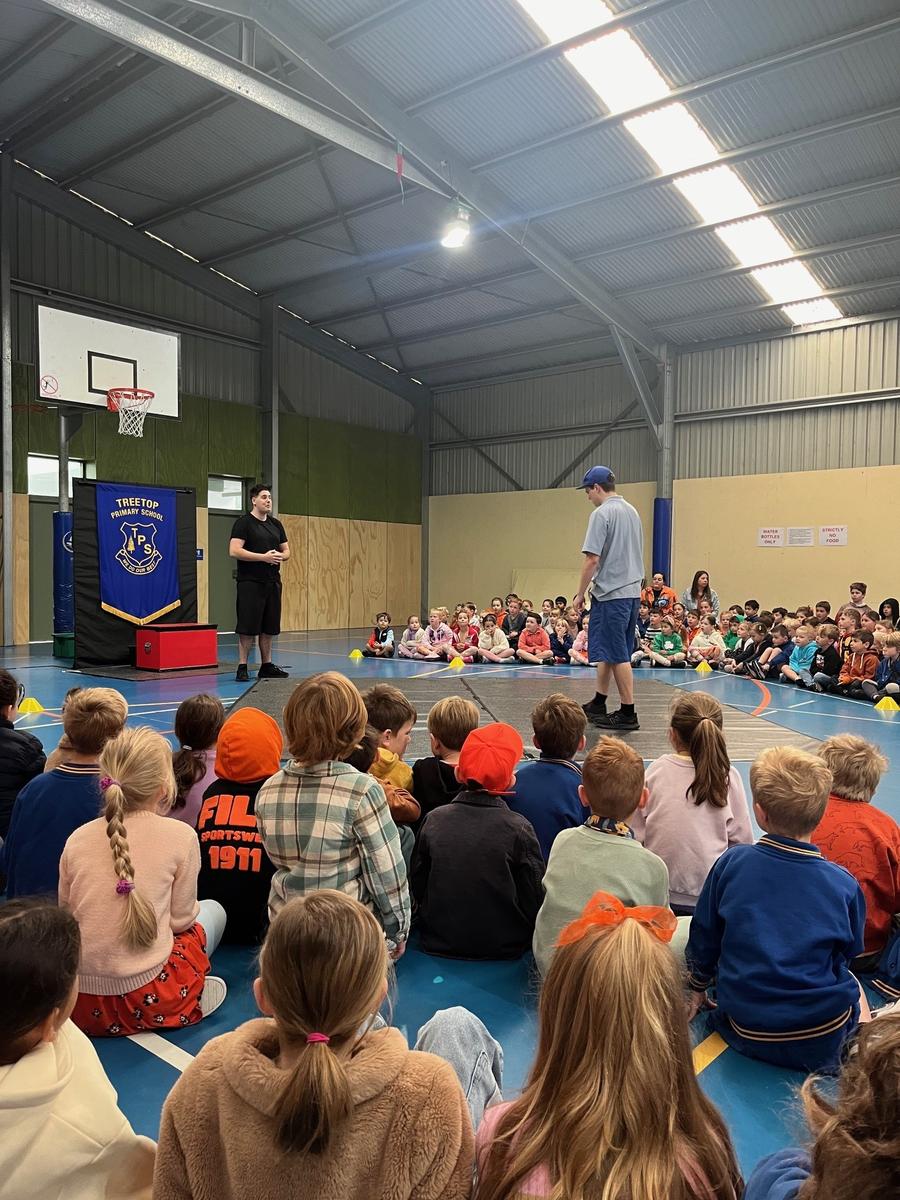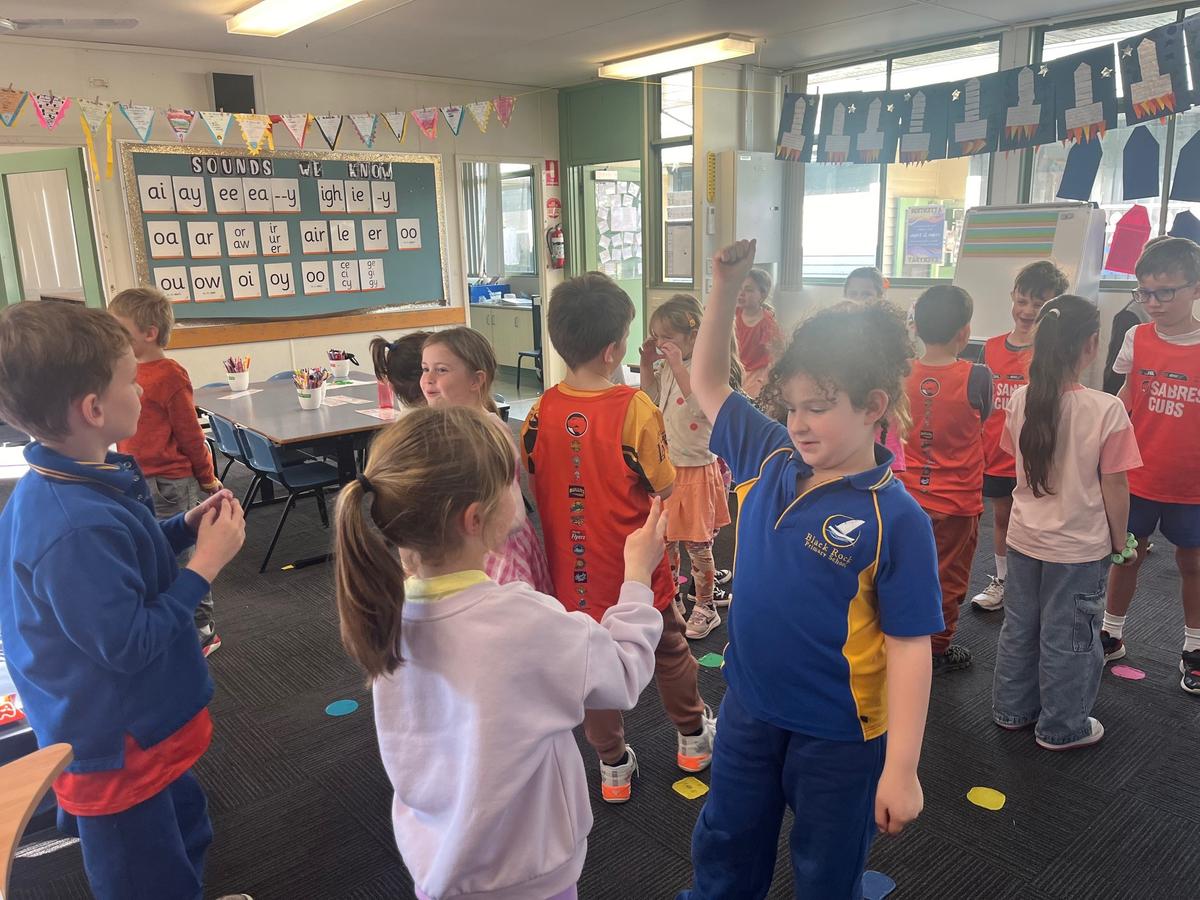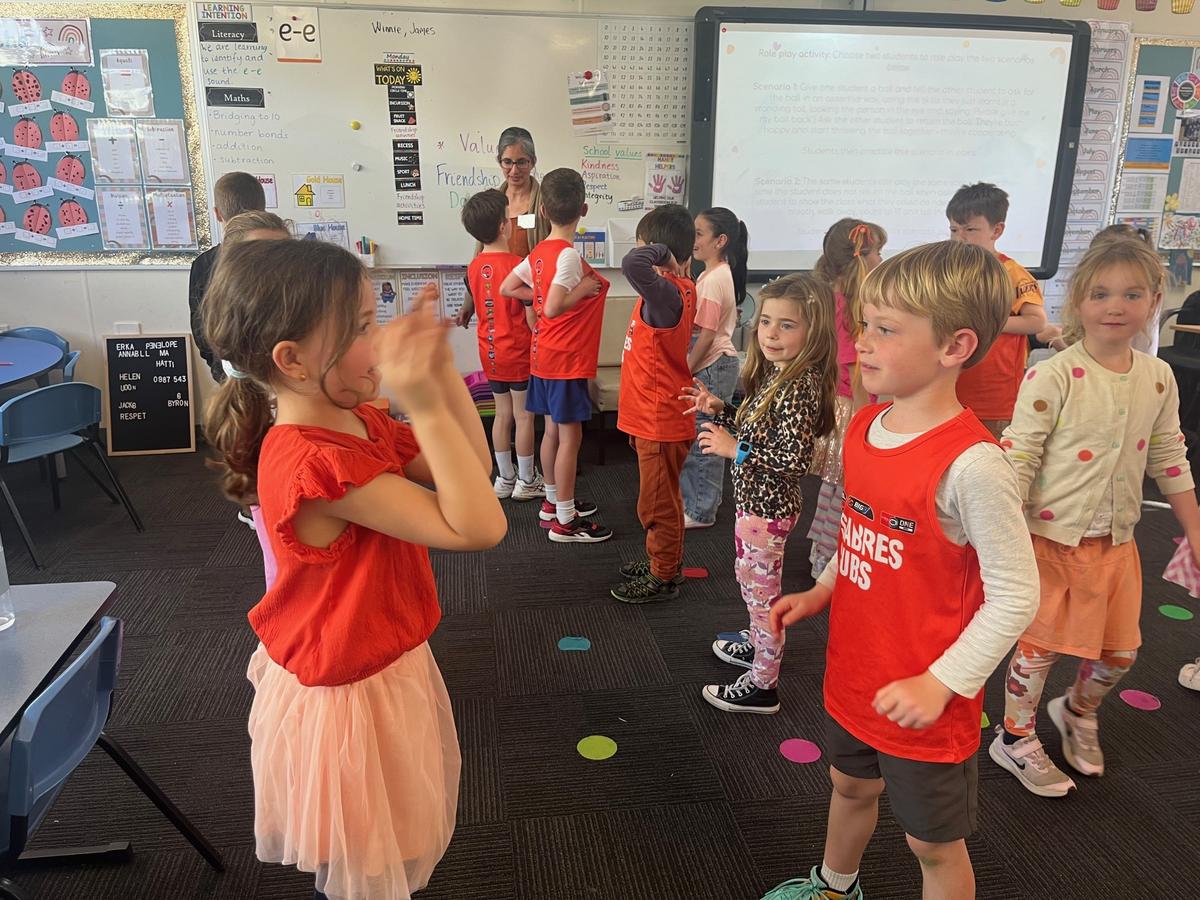Wellbeing

Fostering Empathy and Implementing Restorative Practices
Over the past few weeks, we have focused on building students' understanding of empathy and implementing restorative practices to support students to develop critical skills in conflict resolution.
Exploring Empathy:
Empathy is a crucial character strength that plays a significant role in fostering a positive and inclusive learning environment. Our students have been immersing themselves in the concept of empathy—learning how to understand and share the feelings of others. During Circle Time discussions, they have discovered the importance of listening, connecting with different perspectives, and showing kindness. We’ve seen how cultivating empathy enhances their interactions and contributes to a more supportive and caring school community.
Restorative Practices:
In each of our classrooms, teachers have implemented restorative practices with our students to foster healthier, more empathetic interactions within our school community. Central to these practices are our “When you... I feel... I need you to... I am sorry for... Next time I will...” posters, which serve as powerful tools for students to express their feelings and needs constructively. Through these posters, students are learning to communicate their emotions and take responsibility for their actions in a supportive environment. This helps students develop critical skills in conflict resolution and empathy. By incorporating these restorative practices into their daily interactions, we are empowering our students to build stronger relationships, resolve conflicts more effectively, and contribute to a more compassionate school atmosphere.
We look forward to continuing to implement these two areas and supporting student learning and wellbeing.
Friendship Day
It was wonderful to see our students dressed in orange for Friendship Day. As part of this day, they watched the engaging Sticks & Stones performance, which focused on building friendships, resolving conflicts, and understanding relationships. Following the show, the students participated in various classroom activities and role plays that emphasised the importance of friendships and strategies for preventing bullying. This day helped everyone learn more about supporting each other and creating a positive environment.
Davina Dibbs
WELLBEING LEADER

